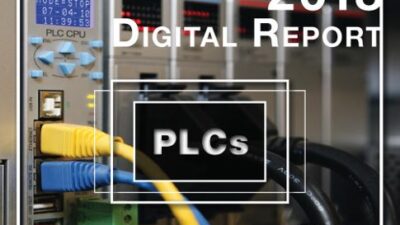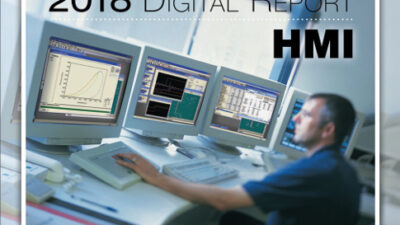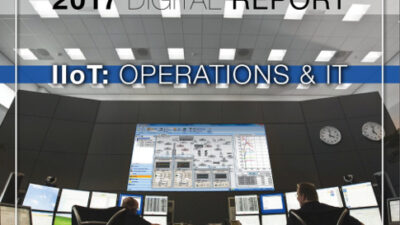Washington, DC—IEEE-USA reports that it's pleased that Congress strengthened education provisions and technical workforce protections in its recently passed omnibus appropriations bill, but was disappointed that legislators chose to create an additional H-1B visa exemption category.
Washington, DC— IEEE-USA reports that it’s pleased that Congress strengthened education provisions and technical workforce protections in its recently passed omnibus appropriations bill, but was disappointed that legislators chose to create an additional H-1B visa exemption category. The bill (H.R. 4818) will grant up to 20,000 H-1B visas to international students, who’ve earned advanced degrees in the U.S. IEEE-USA had recommended Congress hold hearings before granting this exemption.
‘While we wish Congress hadn’t created another H-1B exemption category, we’re pleased that it was capped at 20,000,’ says John Steadman, IEEE-USA’s president. ‘We expect industry to ask the next Congress to raise the H-1B cap from its historical 65,000 level, but we urge our lawmakers not to further increase job competition for the more than 100,000 U.S. technical professionals currently unemployed.’
The bill also reinstates the H-1B visa application fee that expired in 2003, and increased it from $1,000 to $1,500. It also increases the National Science Foundation’s low-income scholarship stipend from $3,125 to $10,000 a year. The program helps qualified individuals pursue advanced degrees in engineering, science, technology and mathematics.
H.R. 4818 further requires U.S. employers to pay H-1B workers 100% of the prevailing wage, instead of the 95% paid previously, in their intended area of employment. The U.S. Department of Labor’s authority to investigate abuses of the H-1B program also has been expanded.
In addition, the legislation restricts the ability of companies that bring foreign employees into the country on L-1 (intra-company transfer) visas to put them to work for unaffiliated employers. H.R. 4818 also increases the prior continuous employment requirement of L-1 workers from six months to one year for blanket petitions.
‘We’re pleased Congress has enacted reforms that will help to stem high-tech workforce abuses of U.S. and foreign workers,’ adds Steadman. ‘And it’s good to see more funding earmarked for workforce education and training.’
The bill also provides a $2 million grant to the National Academy of Public Administration to study the impact of offshoring on the U.S. economy and workforce. IEEE-USA reports that it met with Rep. Frank Wolf (R-Va.) earlier this year, and encouraged him to earmark funding for a comprehensive offshoring study.
For more on the bill, visit https://www.ieeeusa.org/policy/features/h-1b-update.asp .
Control Engineering Daily News Desk
Jim Montague, news editor
[email protected]


